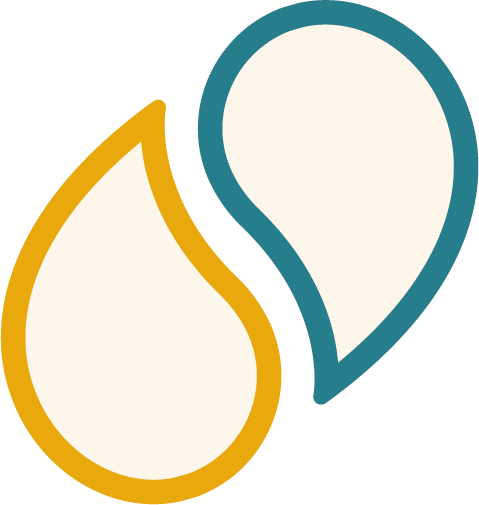
Niet alleen in Nederland neemt het aantal moeders dat borstvoeding geeft toe, ook in de UK zijn er zichtbaar meer moeders die borstvoeding geven.
Lees meer over de cijfers van het CBS [Nederland] en het ONS [United Kingdom]
De cijfers van het CBS
Sinds 1989 neemt het aantal vrouwen dat borstvoeding geeft toe. Begin jaren negentig kregen twee op de drie baby’s direct na de geboorte borstvoeding, in 2006 waren dit er drie op de vier.
Vooral oudere moeders blijven langer zelf voeden. Van de baby’s van zes maanden met een moeder van 35-44 jaar kreeg 38 procent nog borstvoeding. Bij jongere moeders (15-24 jaar) was dit 23 procent.
Hoogopgeleide vrouwen geven langer borstvoeding. In de periode 2004‘2006 voedde 45 procent van de hoogopgeleiden hun baby van zes maanden met de borst. Bij laagopgeleiden was dit 26 procent.
Baby’s die borstvoeding krijgen naar leeftijd van de moeder, 2004/2006
Bevalling, lengte en gewicht bij geboorte en borstvoeding
De cijfers van het ONS
The Office of National Statistics (ONS) has published the full results of its five-yearly survey of infant feeding practices in the UK. These show that many more mothers across the UK are breastfeeding their babies. 76% of mothers initiated breastfeeding in 2005 compared with 69% in 2000. The initiation rates for all four countries have risen, with 78% of mothers in England, 70% in Scotland, 67% in Wales and 63% in Northern Ireland starting to breastfeed.
Some of the increase can be accounted for by the changes in age and educational profile of the mothers included in the survey, but even after standardising the results to take these factors into account, breastfeeding rates in all countries have increased. For England, this is the first statistically significant increase since the seventies.
No increase at six weeks and six months
Unfortunately, the survey also found that the number of babies still being breastfed at six weeks and six months has not increased, nor has the number who are exclusively breastfed, indicating that full implementation of the Baby Friendly Hospital and Community Initiatives as well as other interventions to support women to breastfeed are still desperately needed.
Interesting findings within the report include that mothers who had been given information about breastfeeding during their pregnancy were more likely to start breastfeeding. Unfortunately, it appears that 17% of those questioned had been asked while pregnant how they planned to feed their baby. This is something which the Baby Friendly Initiative discourages because it can make a proper discussion difficult; greater efforts to avoid this will assist more women to consider breastfeeding as a real option. A particularly encouraging piece of news from the survey is in the timing of the introduction of solid foods: 51% of babies born in 2005 (when the survey was begun) had started solids by four months of age compared with 85% in 2000. While only a very small proportion had no solids until six months, the trend in this direction bodes well for the next survey, in five years’ time.
Skin-to-skin-contact
A clear sign is that 72% of mothers reported that they had held their baby in skin contact within one hour of the birth. Confirmation of the importance of this contact is that far more of these mothers breastfed their baby than of those who did not have skin-to-skin contact ‘ and that this early feed was associated with greater success with breastfeeding later. Of the 72% of mothers who had been shown how to position and attach their baby for breastfeeding, those that found this help most useful were those who had had the helper stay with them for at least part of the feed. This confirms the importance of supporting and equipping mothers to feed their babies themselves, rather than simply attaching their baby for them.
The report showed that a third of mothers experienced problems with breastfeeding in hospital or during the early weeks but that those who received help were more likely to carry on breastfeeding.


